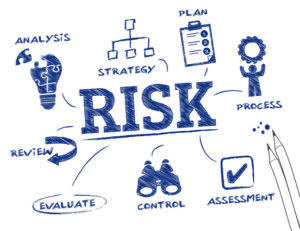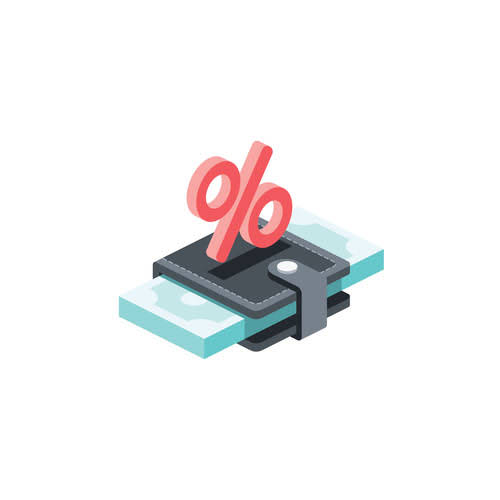A Guide to Small Business Accounting for Beginners

Cash transactions in a sole proprietorship should be recorded daily. Each cash inflow and outflow is tracked within a cash disbursements journal or similar tool. This attention to detail aids in preventing discrepancies in cash flows and ensures that the business’s cash on hand is always reflected accurately. Bookkeeping is the systematic recording of a company’s financial transactions. For a sole proprietorship, where business and personal financials can often intertwine, maintaining clear records is crucial for financial clarity and legal compliance. I do recommend at least being able to prepare or access an Income Statement (also called a Profit and Loss Report) every month so that you know if your hard work is profitable or not.
- Try to familiarize yourself with what is and isn’t allowed or use accounting software to guide you.
- Both require some training and background in double-entry bookkeeping to be really effective.
- Once your LLC is set up, you’ll need to file IRS Form 2553 to elect to be taxed as an S Corporation.
- Some transactions may involve several entries and may overwhelm you.
- Fincent will even send notifications whenever a new transaction occurs, so you can always stay on top of your finances.
- These charts have to be updated often to include various business transactions.
- This trial balance contains real accounts only as the temporary accounts are closed this accounting cycle.
Create a Business Plan
- They help you identify your shortcomings and assess what works and what doesn’t.
- This is another mistake that can cost business owners hefty penalties and fines.
- The equity section gives you the net worth of your business, which is the value of all your physical and non-physical assets.
- While technology can handle much of the day-to-day bookkeeping, there are times when hiring a professional accountant or small business accountant is beneficial.
- The software can assist you in keeping accurate records and create basic financial statements.
- Obtaining necessary licenses or permits legitimizes your business operations in the eyes of the law.
When you start a business, open a separate business bank account that will keep your business finances separate from your personal ones. Business transactions are recorded in a journal (also known as Books of Original Entry) in a chronological order https://www.bookstime.com/ using the double-entry bookkeeping system. Reconciliation is essentially double-checking that the actual amounts you earned and spent match the amounts coming and going from your account. This helps you monitor for fraud, validate your data entry and identify any errors on your financial statements. When all of your transactions have been entered, you’re ready to run your financial statements.

Accounting for Small Businesses: A Comprehensive Guide to Financial Management
Some popular options include QuickBooks, Xero, FreshBooks and Zoho Books, among others. You can read more about our ratings for various business accounting software here. You should be familiar with more than one software as some of your clients may have a preference in terms of the accounting software that they’d like you to use. With online accounting software nobody will have access to them unless you hand over your password. Cloud security is much safer than leaving data on your hard drive or a USB stick. Prioritize features that streamline your specific business processes, such as invoicing, expense tracking, and financial reporting.

What is your business entity type?
To balance the books, you have to understand these initial bookkeeping terms. You also avoid any issues with the government if you file and report your taxes. Every online bookkeeping small business needs to learn what they need to do for bookkeeping. For freelancers, you will need the following to create and register your book of accounts. These books use computer-based apps that enable efficient and fast record keeping.

Under the cash-basis method of accounting, you record income and expenses when cash transactions are sole trader accounting done. For example, you record revenue for a product only when the customer pays you for the product. While most larger businesses have an accounting staff that takes care of financial transactions, as a small business owner, the job of accountant typically falls to you. For business owners without a bookkeeping or accounting background, the prospect can be overwhelming. As a sole proprietor, it is natural to forget things once in a while. However, some things must not be forgotten, like issuing invoices, rechecking payments, producing financial statements, and closing books.


Creating a smooth invoicing process is crucial for sole proprietor accounting. Your invoices should include all details like payment terms and contact info. To ensure timely payments, establish effective strategies to track and follow up on outstanding invoices diligently. If you run your business as a sole proprietorship, you are required to complete IRS form Schedule C as part of your personal 1040 income tax return. Like any other business owner, a sole proprietor must keep complete and accurate records of revenue and expenditures. Bookkeeping for a sole proprietorship can be simple enough for a shoebox accounting strategy or complex enough to enlist a professional.
Developing a systemic approach to handling business transactions and financial records is crucial. This involves choosing an appropriate bookkeeping method, such as cash or accrual, and consistently categorizing and recording all business transactions. Maintaining accurate records not only aids in preparing precise tax returns, but also in analyzing business performance.
